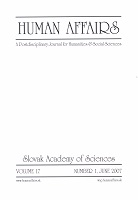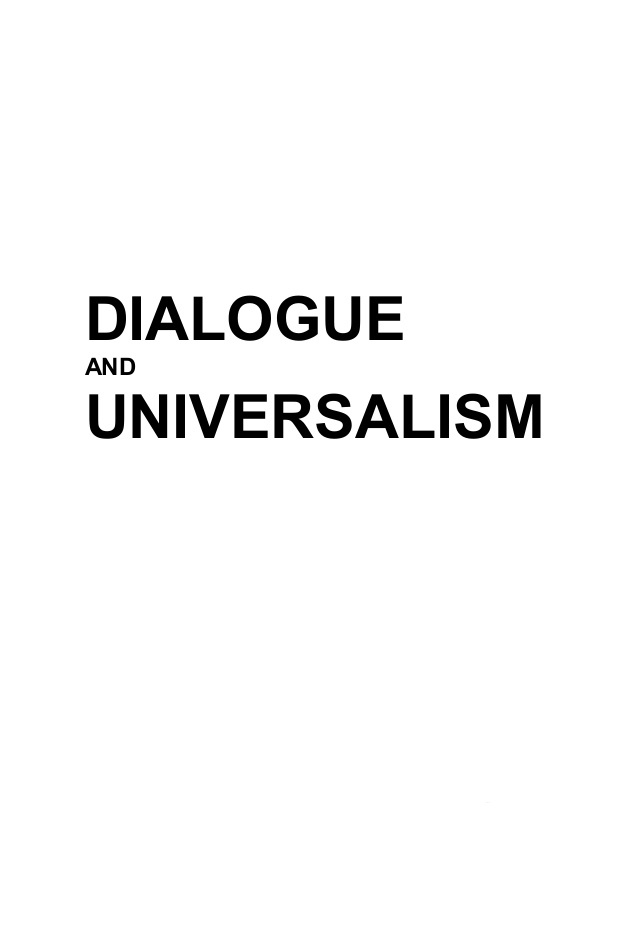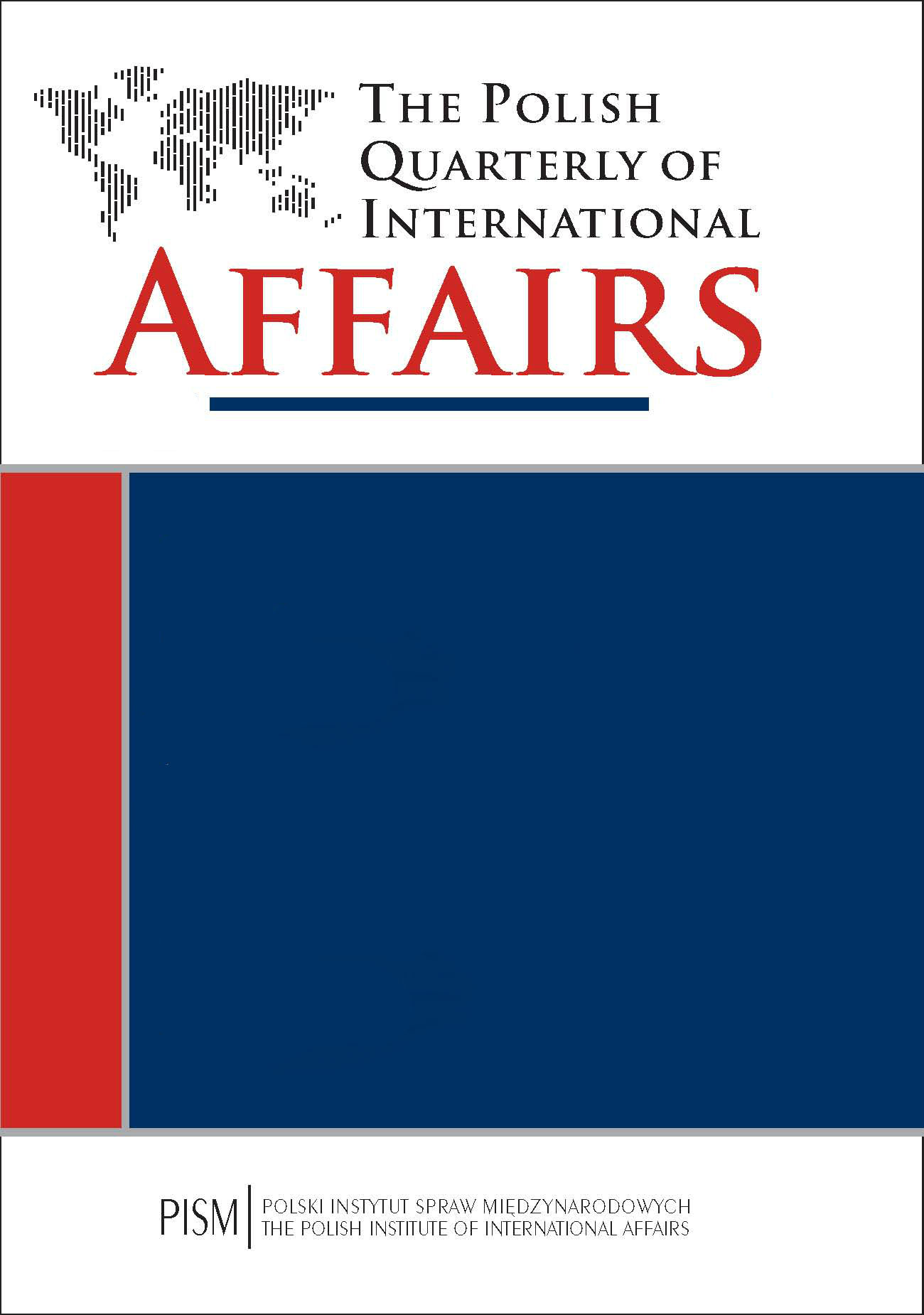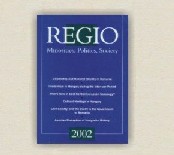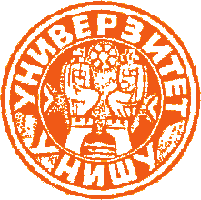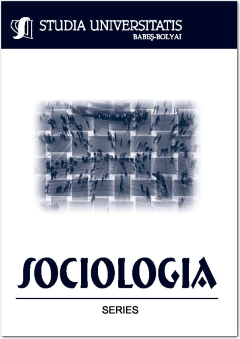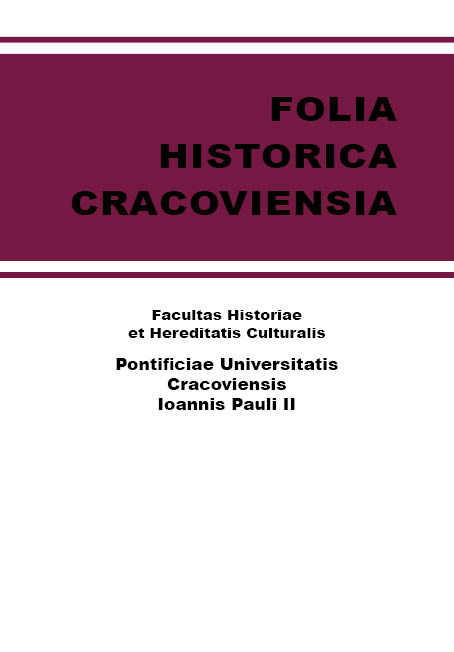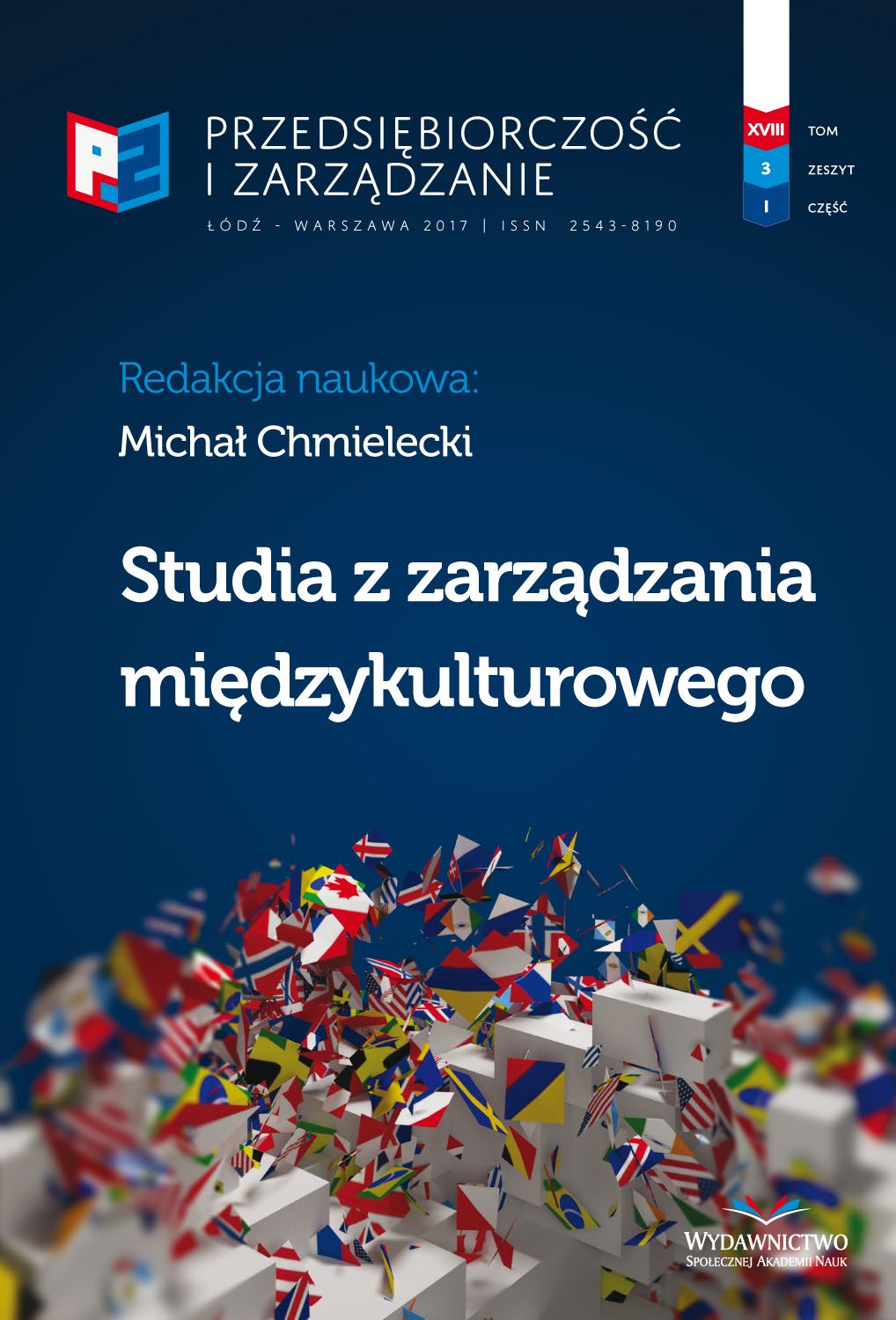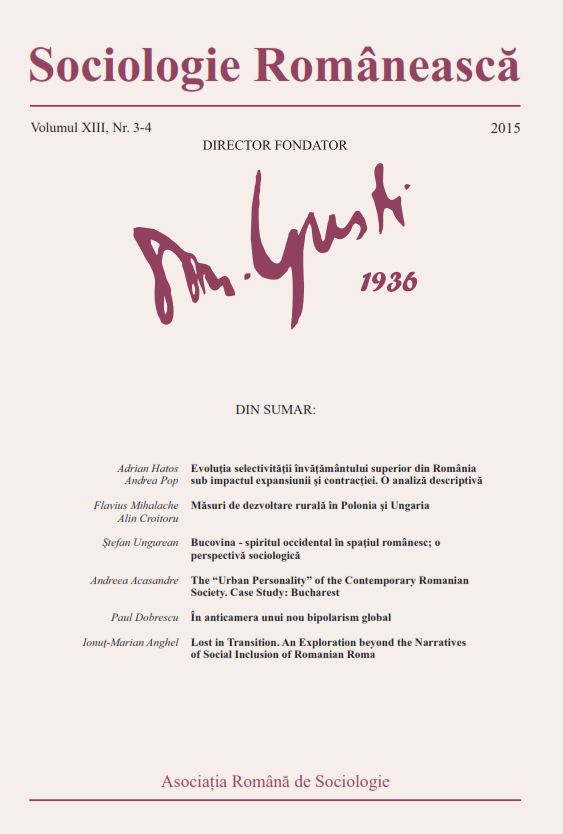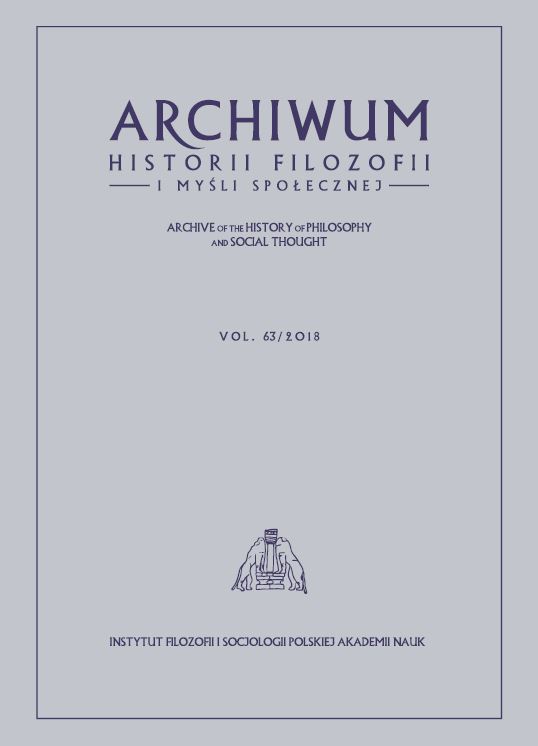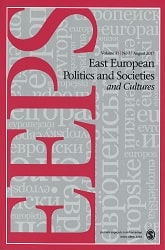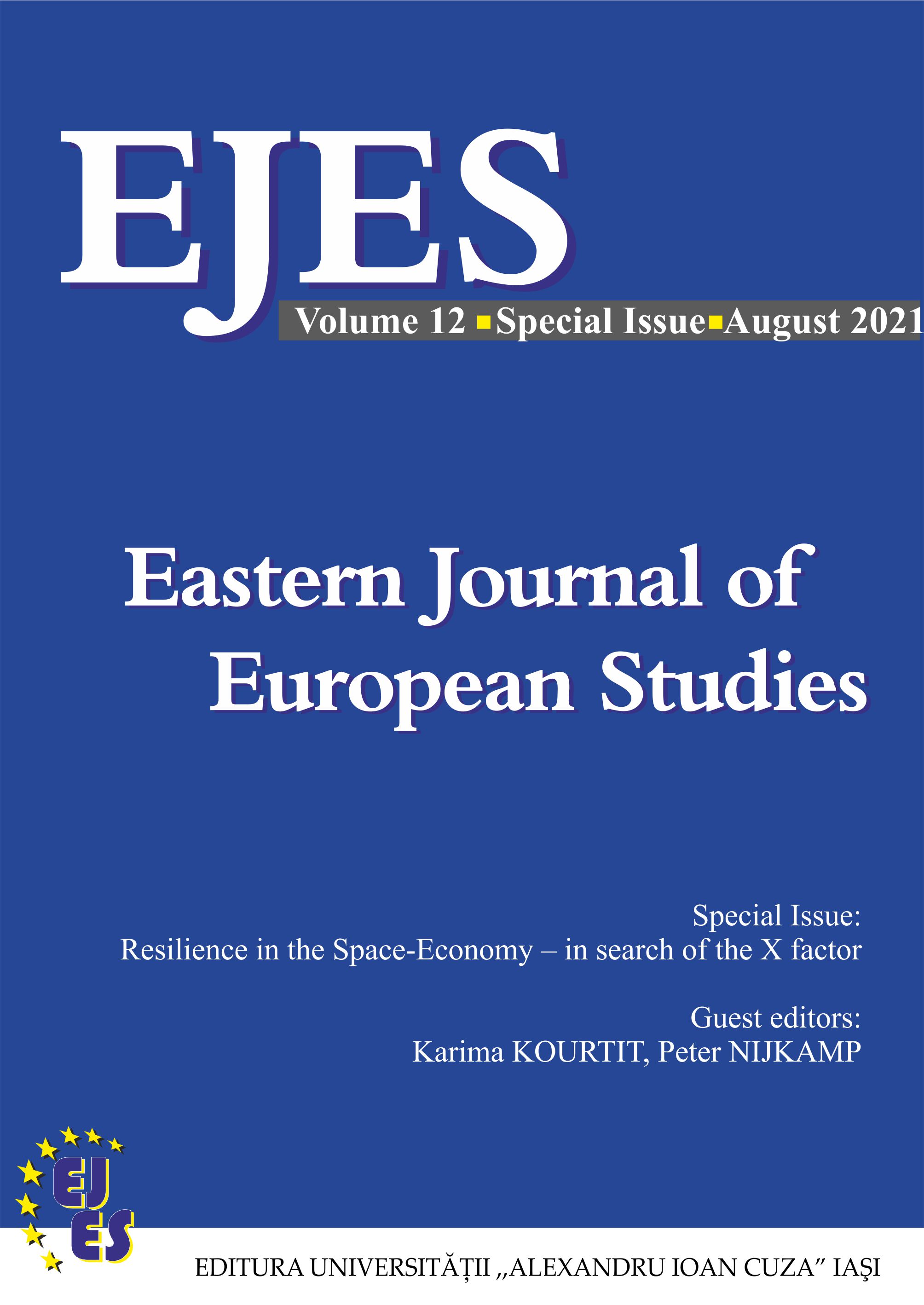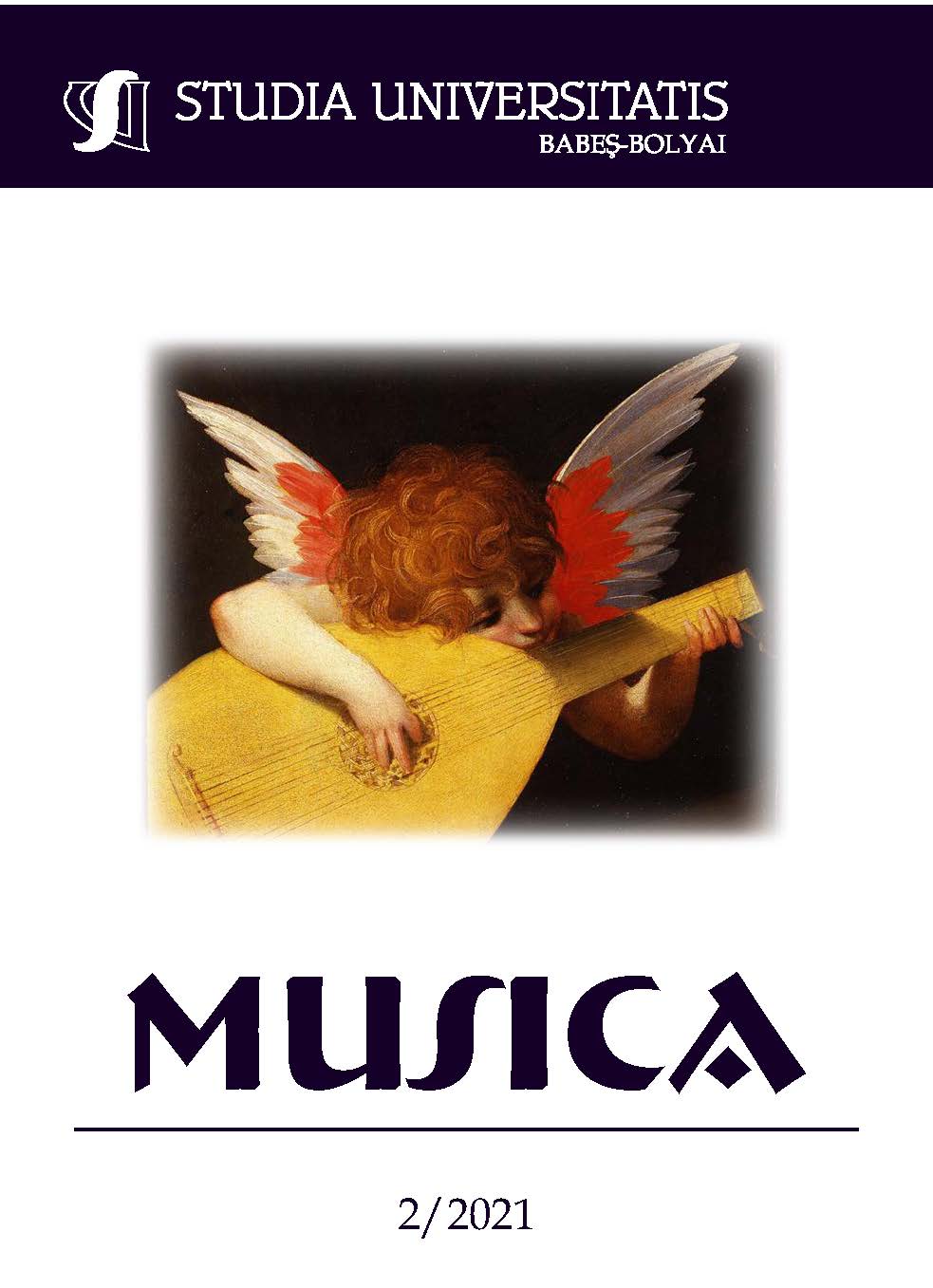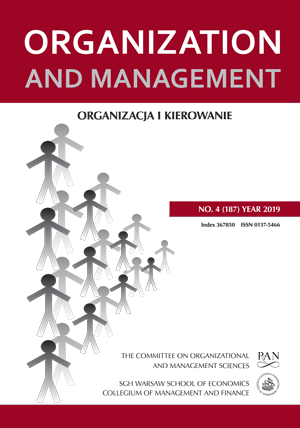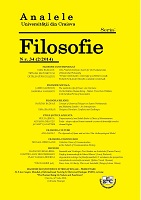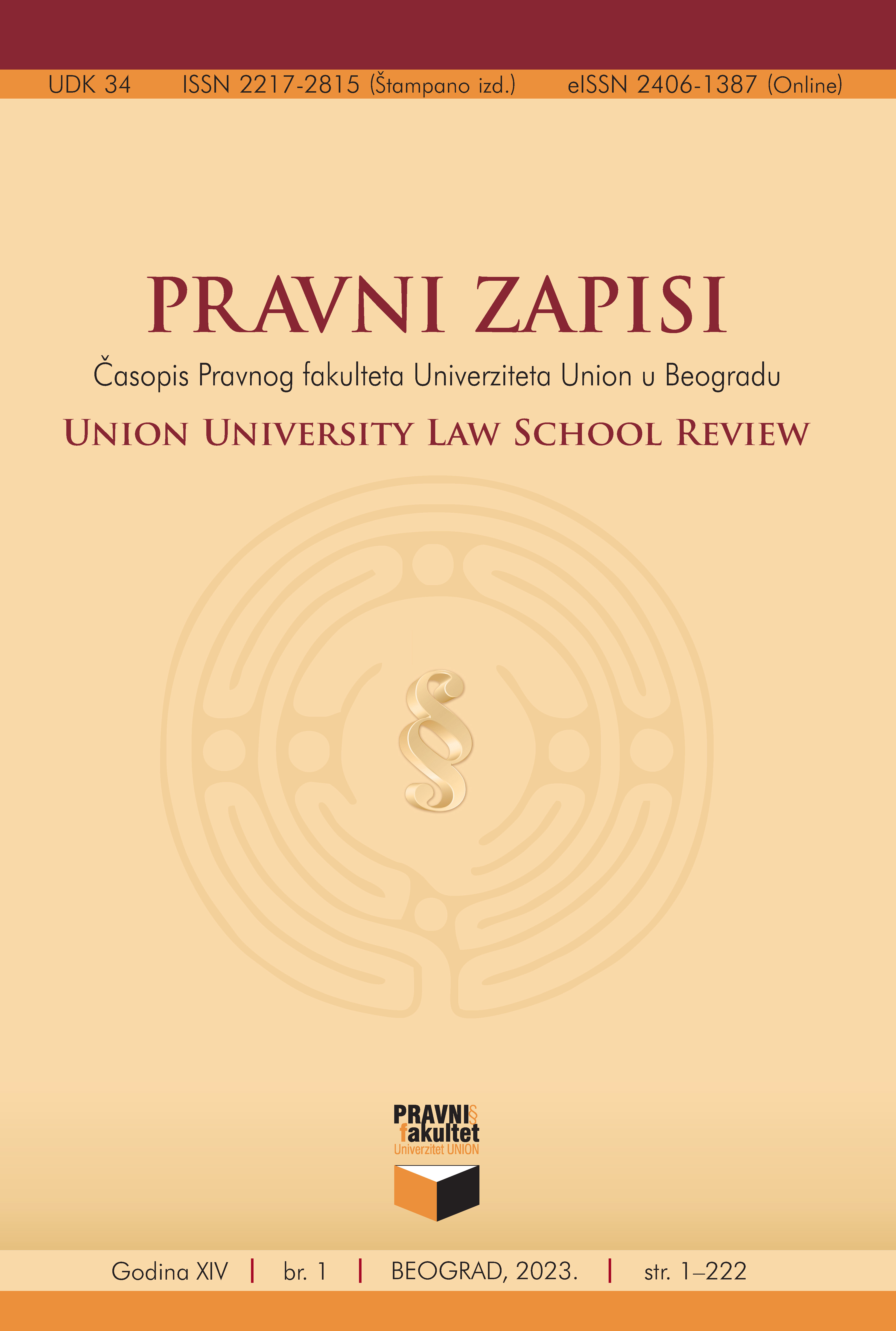In search of the perfect wilderness. Anchoritism in Cistercian art and spirituality
Author(s): Dariusz Tabor / Language(s): English
/ Issue: 1/2016
Keywords: Cistercians; Cistercian spirituality; Cistercian architecture; the Bernardine plan; hermitage; anchoritism; lectio divina; spiritual warfare; light in architecture; the mystique of light;
The anchorite trend in Cistercian spirituality has always been the subject of many studies. Cistercian anchoritism has been analysed by researchers such as George Duby, Terryl Kinder, Janet Burton and Julie Krery, Mette Bruun and Emilia Jamroziak. Exordium parvum and Vita Sancti Bernardi are basic sources containing key information on the origins of the Cistercian order. They describe the departure of Robert of Molesme and his group as a journey to the wilderness (ad eremum) in order to find better conditions for practising the rule of St. Benedict and following forefathers – Egyptian monks. Clairvaux II, Pontigny and Fontenay – first Burgundian churches of the Cistercians took form of a three-nave basilica with a transept (1130–1160). The temples were supposed to provide the best setting for contemplation. The so-called “Bernardine plan” was applied in the second generation of Cistercian churches, e.g. Fossanova, San Galgano, Casamari, Arabona, Haina (1148–1180). However, the plan was not the only architectural solution concerning Cistercian churches. There were also transept churches containing a presbytery culminated with a straight wall, surrounded with an ambulatory: Morimond, Ebrach, Ridaghshausen, Lubiąż; churches with an apsidal enclosure: Altzella, Sittich/Stiĉna,Valbuena, Huerta, Floran, Faleri or churches with multi-sided cathedral presbytery with an ambulatory and a circle of chapels: Ourscamp, Veruela, Poblet in the period from 1140 to 1180, Alcobaça, Vaucelle, Longpont, Royaumont, Varhem or Altenberg in the period from 1180 to 1240. Terryl Kinder and Megan Cassidy noticed the key factor shaping the significance of the Cistercian church space – the light. An important aspect of anchoritism is lectio divine, in which a monk finds himself in a kind of spiritual desert, facing the Word on his own. A consequence of such attitude in spiritual warfare as expressed in a number of miniatures depicting human struggle with a threatening beast in Cistercian codexes – Commantarii in Danielem by St. Hieronymus (Dijon, Bibliothèque Municipale 132), Moralia In Iob by St. Gregory the Great (Dijon, Bibliothèque Municipale, 168), (Dijon, Bibliothèque Municipale, 173). An exceptional message is found in the initial A(d te levavi) on a Cistercian gradual from Kamieniec (Wrocław University Library, IF 411), presenting the biblical figure David playing music and a kneeling monk with his arms raised.
More...

